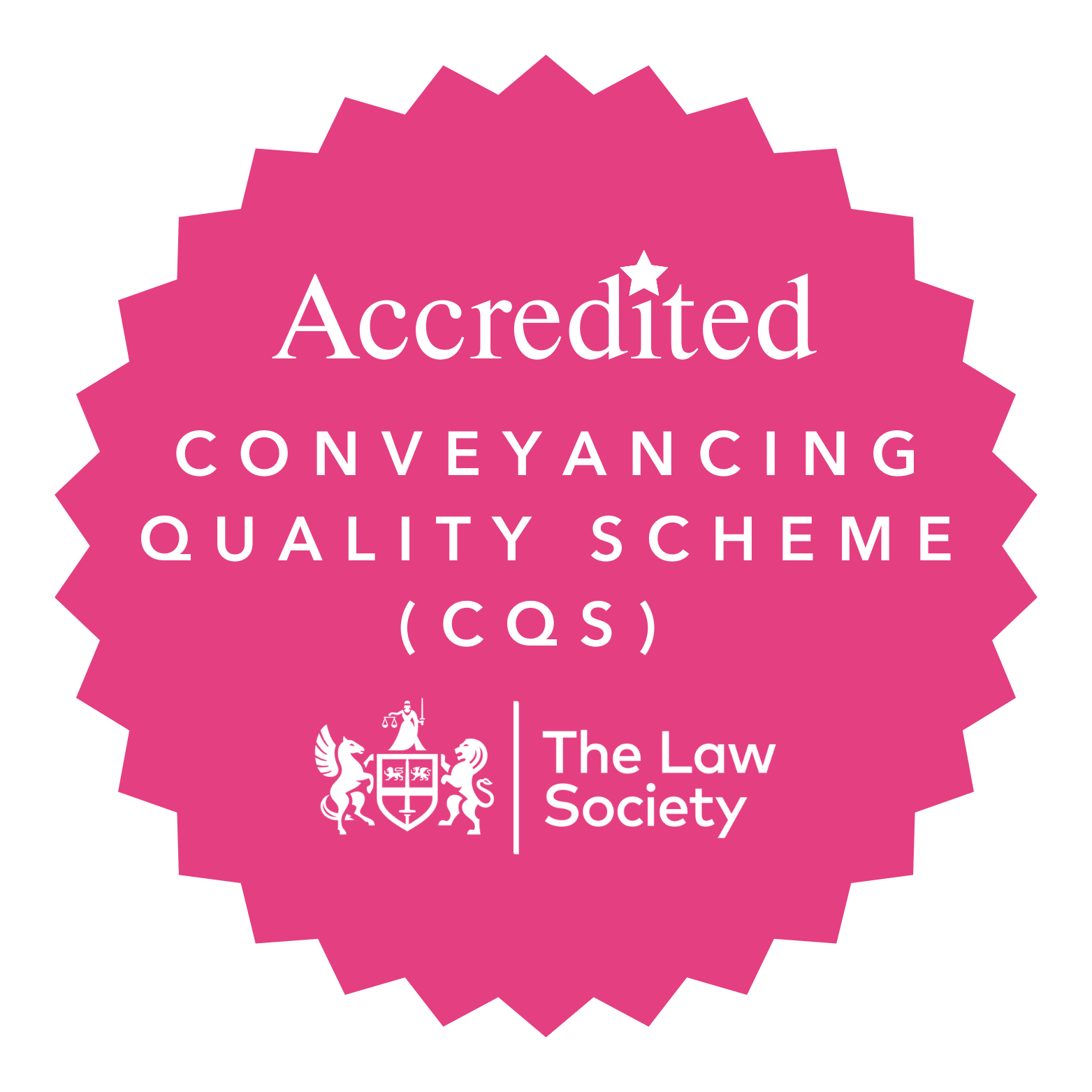The success of any business depends on a strong cash flow system. Without it, you can run yourself in circles chasing late payments and eventually, it could stop your business from growing. Rather than remaining restricted, you will find that your business benefits from the services of a specialist debt recovery solicitor. At Franklins, our business clients put their Trust in us to recover the debts that are weighing them down, and we always deliver. With vast experience in the field of debt recovery, you can rely on us to put pressure on your customers without alienating them from your business.
When your business delivers a product or service to a customer, you expect to see the return somewhat immediately. However, when a customer fails to pay the amount they owe, it can be difficult to recover the debt without losing their business. With experience that spans the industries, our debt recovery solicitors are able to pursue debt tactfully, maintaining the relationship while helping you receive your well-deserved payment. As well as chasing a one-off debt, we can further assist you in setting up a system that clients commit to each time they must make a payment. Instead of spending your working days chasing customers for their due balance, let the debt recovery solicitors at Franklins help you to claim back what you rightfully earned.
The Debt Collection Process
There are 3 stages involved in the debt recovery process.
Step 1: Letter Before Action
Firstly, we will draft a Letter Before Action to your customer which states the outstanding balance and the date it was due. This initial letter is sent directly from Franklins, gently warning the debtor that if the balance is not paid then court action will be taken. This independent communication should prompt your customer to pay the amount they owe.
Step 2: Court Proceedings
If no payment is received and no contact made by the debtor to explain the situation, you may want to issue court proceedings against them. As your debt recovery solicitors, it’s our duty to then draft a Claim Form and Particulars of Claim, as appropriate, claiming the amount of money owed from the debtor plus any interest as well as a contribution towards your legal fees. This is then sent to the court for issue. The debtor then has 14 days in which to make the payment, or submit an Acknowledgement of Service, which will then give them a further 14 days by which to submit their Defence.
Step 3: Enforcement
If the debtor still fails to pay after a further 14 days and no defence has been filed (or if the Judge finds against the debtor in a defended action) the final step is to issue a County Court Judgement (CCJ). Once Judgement is granted, this will appear on the debtor’s credit record. If after this, the debtor still refuses to pay, it may be necessary to enforce the Judgement.













